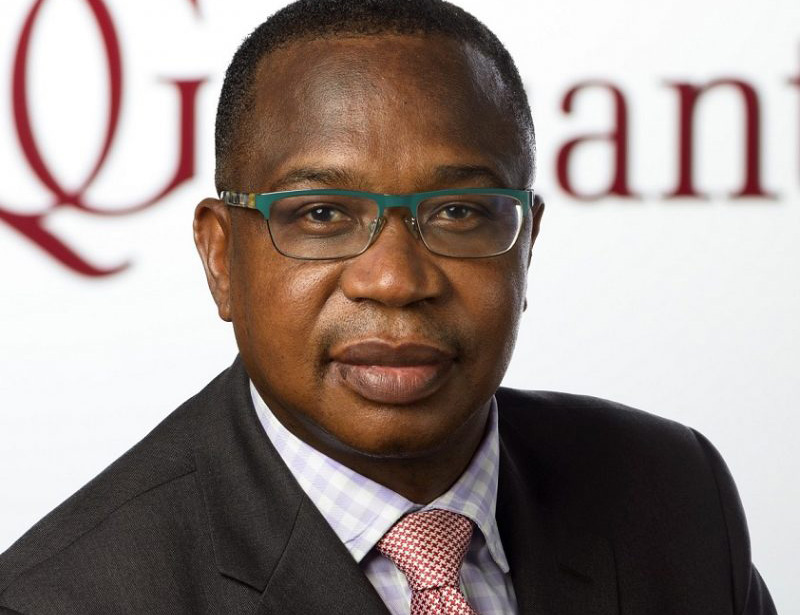GROWING public and private investment, particularly in infrastructure projects across all sectors of the economy, is expected to spur and sustain economic growth, the government has said.
Finance and Economic Development minister Mthuli Ncube said this during the question-and-answer session of Tuesday’s post Cabinet briefing. He said projects in the mining sector, for example, would drive Zimbabwe’s industrialisation agenda.
Citing lithium, which Zimbabwe holds in abundance, Ncube said its mining and processing would create plenty new direct and indirect jobs.
“It is the mineral of the future in terms of lithium batteries, in terms of green energy, in terms of our export receipts, in terms of other downstream industries that the projects support. Just think about the supply chain impact whether its supplying boots, clothing or explosives to these mining projects all those supply chain linkages are driving job creation and the economy so these projects are very transformative and are benefiting citizens,” he said.
Citing another example in the mining sector of the Manhize steel plant, which will create between 4 000 and 5 000 jobs across value chains, Ncube said the project was going to be the biggest in Africa.
“That project is going to be the largest iron and steel plant in Africa, that is going to create a lot of jobs, it is going to transform the area, do not underestimate the impact of the structural transformation of that area within the Midlands.”
While the steel project is still in its infancy, spin-off benefits are already accruing to local communities, with the latest being improved mobile network connectivity following the recent erection of transmission infrastructure at the project site by the two largest mobile phone companies in Zimbabwe, Econet and NetOne.
The US$1 billion project is set to transform the Mvuma area with a new town set to be born between Mvuma-Chivhu and Manhize.
In agriculture, Ncube said several dam development projects were taking shape across the country to ensure water and food security.
“All these projects are transformative, you can go on to talk about the dams, look at how Gwayi-Shangani is going to be transformative around that area where it is located, the water going into Bulawayo or the green belt that it creates.
“Same thing can be said about every other project, they are all transformative and they are benefiting citizens,” he said.
Regarding the development of the green-belts around the Gwayi-Shangani Dam, the government recently completed identifying irrigation blocks, both commercial and communal, that will benefit from the dam which will also produce 10 megawatts of electricity to drive the rural irrigation development programme.
In March, Cabinet announced plans to open at least 50 000 hectares of land per year under an accelerated irrigation development programme, as government ramps up the pursuit of measures to mitigate effects of climate change.
Development of irrigation schemes country-wide is part of the government’s overall aim to ensure the country’s food security through reducing reliance on rain-fed agriculture. In the power sector, the projects being pursued by the government will help reduce power imports and in turn save the country foreign currency. — New Ziana








